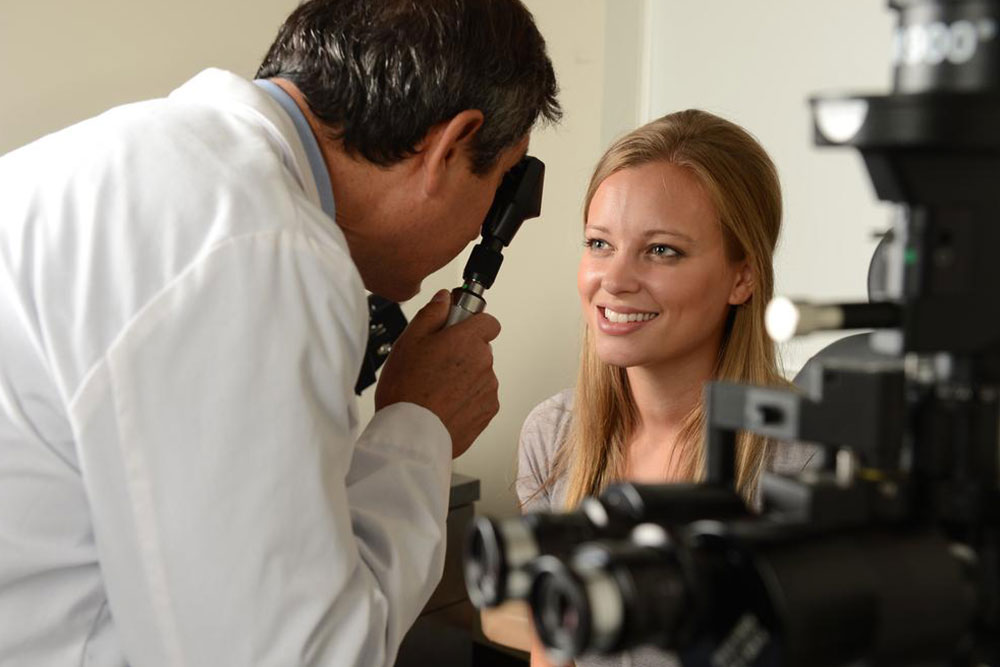Guide to Different Types of Eye Care Specialists
Learn about the different eye care specialists, their roles, and how to choose the right professional for your eye health. This guide covers ophthalmologists, optometrists, opticians, and cornea experts, along with insights into LASIK surgery and preoperative considerations, helping you make informed decisions for optimal eye care.
Guide to Different Types of Eye Care Specialists
If you’re experiencing vision issues or eye discomfort, it’s essential to know which eye professional to consult. Eye care providers include ophthalmologists, optometrists, and opticians, each offering distinct services tailored to specific needs. These specialists often collaborate to provide comprehensive eye care. Understanding their roles helps you seek the right treatment, whether for routine check-ups, medical conditions, or surgical interventions.
Let's delve into how these professionals differ and their specific expertise.
Ophthalmologist
These are medical doctors specializing in eye surgery and advanced eye treatments. After completing medical school, they undergo a one-year internship and a three-year residency, with some pursuing further fellowships. They diagnose and treat a wide range of eye conditions, including:
Comprehensive eye exams and vision correction
Emergency care for eye injuries and infections
Surgical procedures for issues like cataracts, glaucoma, or crossed eyes
Managing systemic diseases impacting the eyes, such as diabetes or arthritis
Cosmetic procedures, including eyelid surgeries
For children's eye health, pediatric ophthalmologists address issues such as refractive errors, eye misalignment, and other developmental concerns. They recommend early screenings, ideally starting at age one, to prevent long-term vision problems.
Optometrist
Optometrists are eye care professionals responsible for vision testing and basic eye health assessments. Their training involves specialized programs and, sometimes, additional clinical experience. Their primary duties include:
Conducting vision and eye health evaluations
Prescribing glasses and contact lenses
Detecting and managing eye diseases like glaucoma and diabetic retinopathy
Providing low-vision therapy and eye health counseling
Optician
These specialists focus on fitting and dispensing corrective lenses based on prescriptions written by ophthalmologists or optometrists. They do not perform eye exams but are skilled in selecting and adjusting eyewear. Their responsibilities encompass:
Fabricating and fitting eyeglasses and contact lenses
Assessing lens prescriptions for accuracy
Managing eyewear inventory and orders
What is a Cornea Specialist?
Cornea specialists, a subspecialty within ophthalmology, treat conditions affecting the cornea—the transparent eye surface. They excel in refractive surgeries like LASIK and corneal transplants. For those considering laser eye procedures or managing corneal diseases, consulting a cornea specialist ensures expert care.
Understanding LASIK Surgery
LASIK, or Laser-Assisted In-Situ Keratomileusis, is a popular laser procedure to correct refractive errors. Since its inception in the 1980s, LASIK has advanced significantly, offering safer and more precise outcomes. It is also utilized in treating retinal conditions and cataracts.
Before undergoing LASIK, a thorough preoperative exam is necessary. This includes analyzing corneal thickness, shape, pupil size, and refractive errors like nearsightedness, farsightedness, or astigmatism. Moisture levels are also checked to reduce dry eye risks post-surgery. Ideal LASIK candidates are over 18, with no autoimmune issues, pregnant or breastfeeding, and maintain healthy eyes without chronic dry eye, cataracts, or glaucoma.
Choosing the right eye specialist is crucial. Seek referrals from trusted friends or family, review qualifications, and read patient testimonials. For complex cases, consulting top-rated or international specialists may be beneficial.










